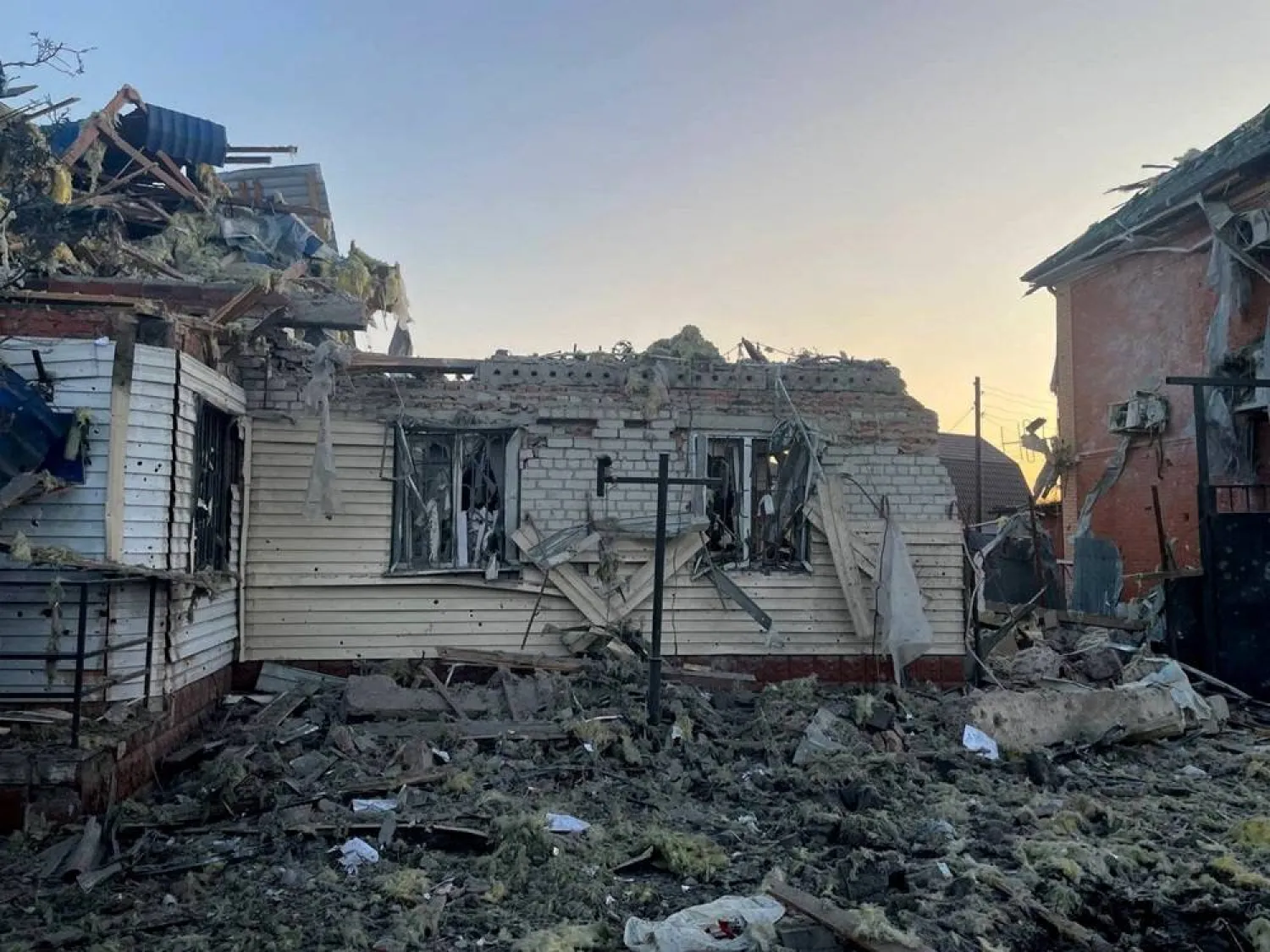The chief of Russia's general staff, Valery Gerasimov, has inspected Russian forces in the combat zone in Ukraine, the defense ministry said on Tuesday.
The ministry said Gerasimov heard reports from commanders and "set tasks for further actions". It did not say exactly where and when the visit took place.
Gerasimov has periodically visited troops at the front during the nearly two and a half years of the war. He weathered heavy criticism over Russian setbacks and retreats in 2022, and can point to a series of gradual advances since Russia regained the initiative and captured the eastern city of Avdiivka in February.
While Russia has yet to achieve any strategic breakthrough, its forces control nearly a fifth of Ukraine, with no end in sight to the war.
The International Criminal Court issued arrest warrants in June for Gerasimov and former defense minister Sergei Shoigu, saying it suspected them of war crimes for directing attacks against civilians and civilian infrastructure.
Russia denies committing war crimes in Ukraine and dismissed the move as legally meaningless because it is not a member of the court.









